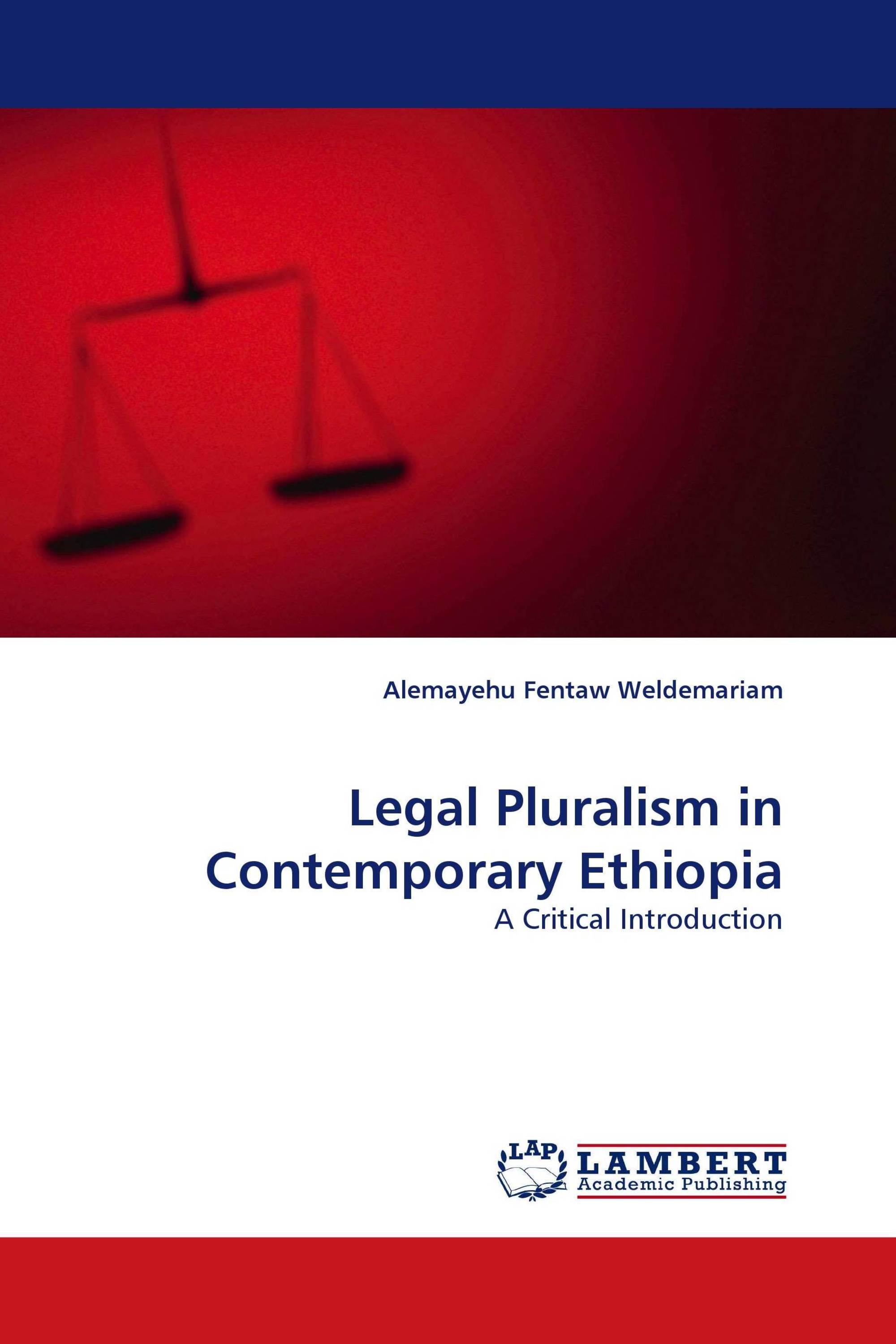This is a book about legal pluralism, federalism, and human rights. It contends that legal pluralism is an important federalist policy in a deeply divided society, particularly Ethiopia. In so doing, it tells the story of the suppression of the diverse customary and religious laws in the country’s recent past as part of the larger history of ethnic homogenization and state centralization. Since 1957, customary and religious laws had been alienated from the state legal system by virtue of the great influx of Western transplants providing the setting for competition between legal universalism and legal pluralism. In 1995, legal pluralism triumphs over legal universalism, as the 1995 FDRE Constitution recognizes the validity of customary and religious laws in personal and family matters. This book analyzes the salient elements of legal pluralism in Ethiopia, argues for redrawing the frontiers of formal legal pluralism in such a manner as to include criminal matters, and points out the challenges. The book throws light on this new development, and should be useful to academic lawyers and non-lawyers or anyone else who is interested in Ethiopian legal and political development.
Book Details: |
|
|
ISBN-13: |
978-3-8383-5617-4 |
|
ISBN-10: |
3838356179 |
|
EAN: |
9783838356174 |
|
Book language: |
English |
|
By (author) : |
Alemayehu Fentaw Weldemariam |
|
Number of pages: |
128 |
|
Published on: |
2010-05-19 |
|
Category: |
Public law, Administrative-, Constitutional Procedural Law |
